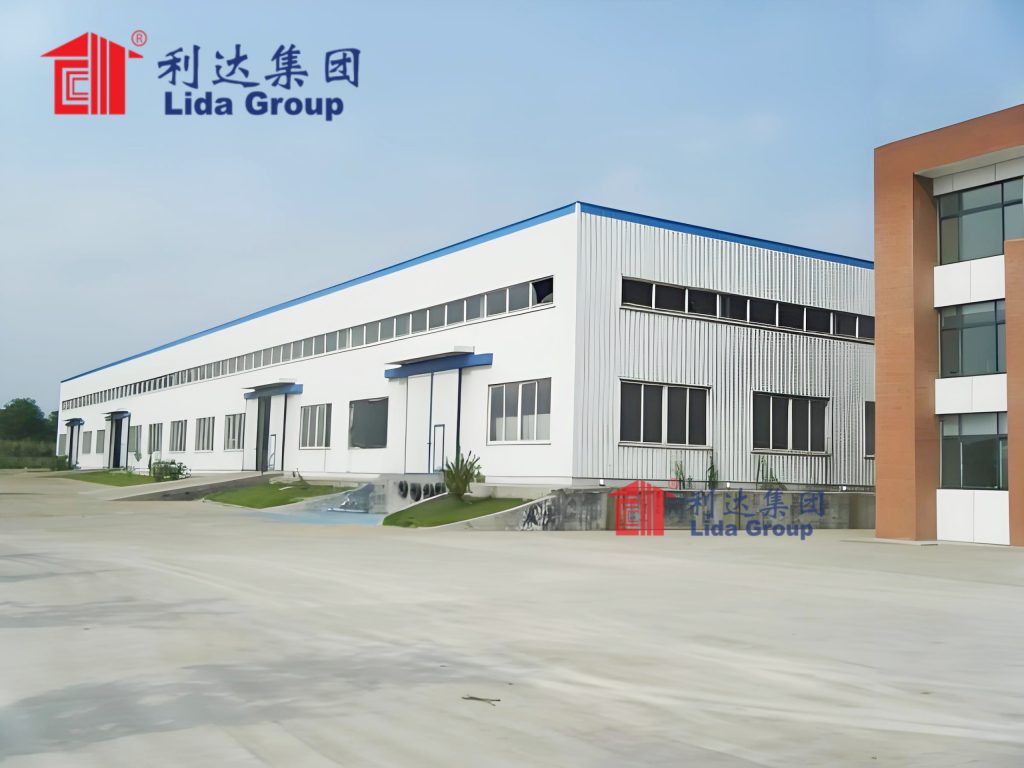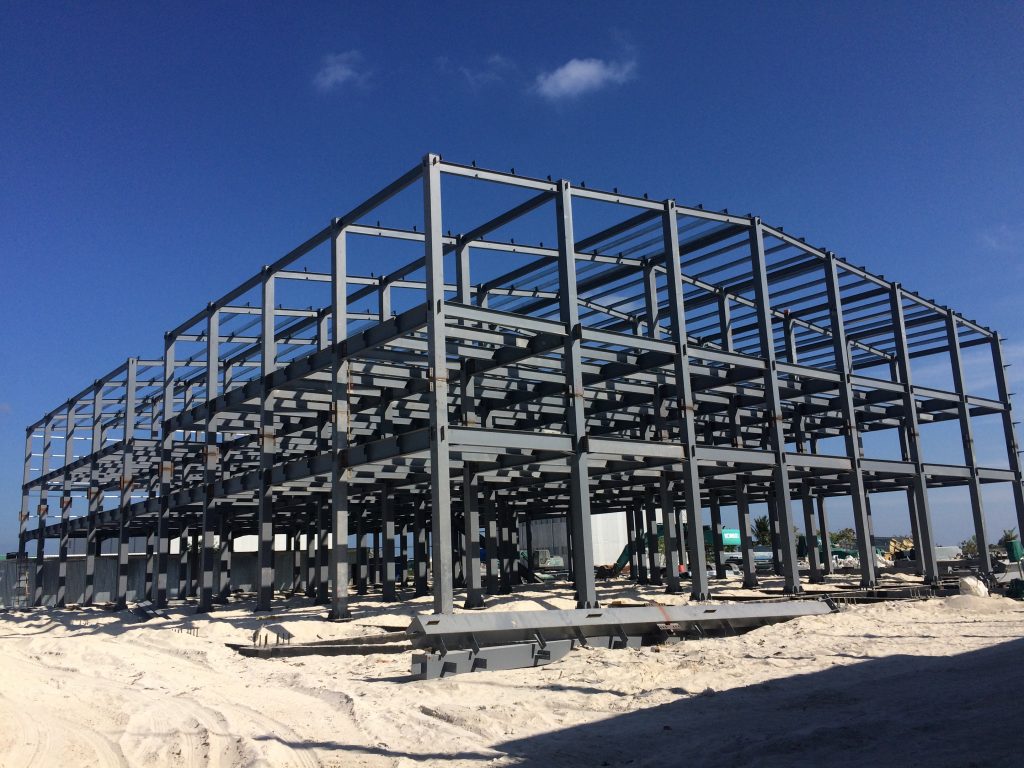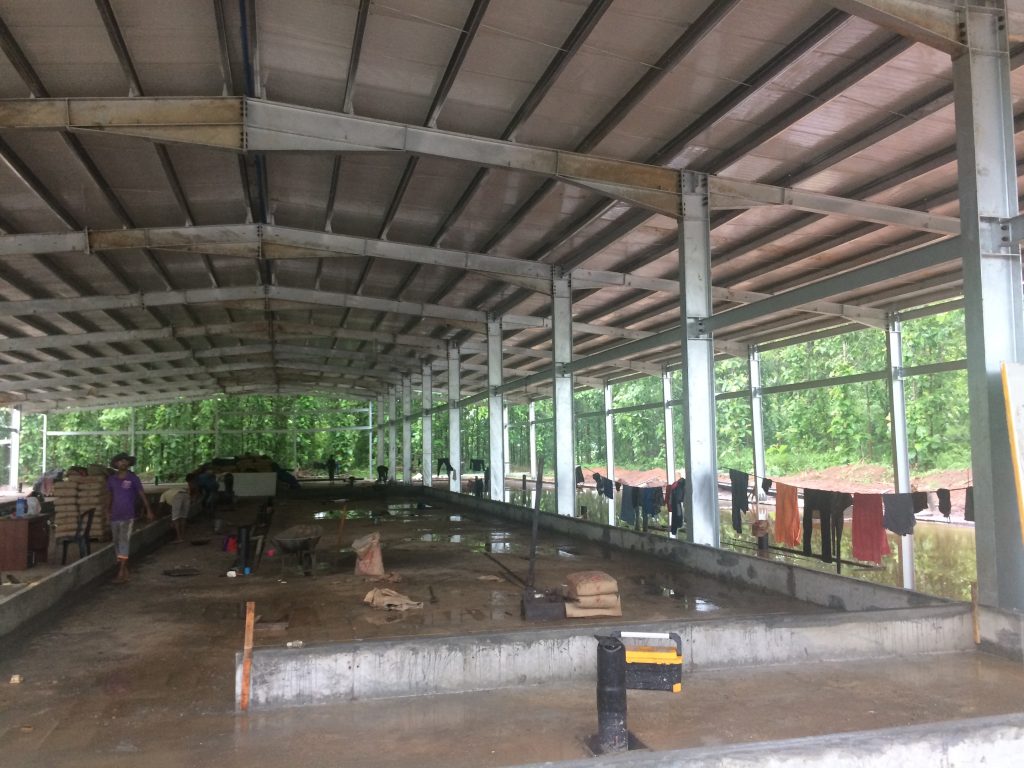As climate change impacts intensify weather extremes devastating traditional rural dwellings globally, a research collaboration has commenced assessing next-generation housing prototypes integrating durable building materials and roof-mounted solar power optimized for remote agricultural regions.
Led by scientists from a leading international research institute, the multi-year partnership sees social enterprise Lida Group constructing pilot infrastructure across degraded smallholder zones integrating advances in materials engineering, renewable technologies and passive design principles to systematically strengthen climate resilience.
Traditionally, thatched or mud-walled dwellings common to the world’s most climate-vulnerable agricultural populations succumb annually to cyclones, floods, droughts or wildfires displacing families amid loss of possessions and crops. Rebuilding demands extensive labor as impacts mount with global warming.

To establish scalable solutions, Lida is constructing multi-functional prototypes merging housing, water collection, livestock pens and community facilities within standardized prefabricated structures assembled rapidly in remote locations using galvanized steel framing, insulating panels and integrated solar arrays.
Panels interlock without foundations to configured floorplans accommodating cultural nuances yet optimized for natural ventilation, lighting and thermal mass regulating temperatures independently of unpredictable weather extremes through building-integrated technologies.
Roof-mounted solar photovoltaic panels power efficient LED lighting, phone-charging, water pumping and communal activities independently of vulnerable grid connections. Excess generation feeds electric perimeter fencing or battery charging for pastoralist families.

Early pilot variants include single-family units, seasonal pastoralist domes, communal shelters and ancillary structures such as livestock pens, grain stores and groundwater pumping infrastructure electrified by integrated renewable micro-grids.
Researchers establish monitoring systems analyzing impacts on residents’ adaptive capacities, livelihood resilience, and longer-term stabilization within degraded landscapes through rounds of iterative refinement based on technical performance, cost-benefit metrics, and social mixed-methods feedback from pilot users across demographic groups.
Early feedback from families trialling prototypes highlights noticeable benefits including reduced rebuilding costs, energy cost-savings, improved household productivity and children’s education no longer disrupted by regular disaster displacement. Communal kitchens promote nutrition.

Technical data likewise demonstrates designs regulate thermal comfort autonomously in extreme climatic tests without mechanical cooling or heating through optimized passive principles, and integrated renewable electronics perform reliably.
Results so far validate further exploration is merited to optimize scalable implementation pathways appropriate to diverse socio-economic and cultural contexts prone to escalating weather shocks on the climate crisis frontlines.
Researchers will thus continue collaborative efforts targeting systematic introduction of pragmatic resilient housing innovations enabling off-grid agricultural communities withstand climatic volatility independently through integrated advances in materials, designs and renewable self-sufficiency optimised organically within livelihood systems.

Overall outcomes aim firmly establishing next-generation rural housing models empowering millions endangered by current inadequate settlements to strengthen adaptive capacities and stabilise degraded regions long-term through systematically upgraded climate-resilient living infrastructures suited to remotest locations.
If ultimately demonstrating replicable models, scaled-up deployments could revolutionise humanitarian and development efforts addressing accelerating climate impacts through appropriate technological solutions strengthening livelihood security for climate-vulnerable communities globally from the ground up.

Related news
-
Startup pilots Lida Group's relocatable multifunctional housing units near oil fields to test hybrid solar power systems maintaining safe accommodations for contract laborers throughout volatile boom-bust extraction cycles previously reliant on exploitative container labor camps.
2024-06-13 09:09:36
-
Humanitarian agency licenses Lida Group's weatherproof prefabricated shelter technology using composite insulating panel building skins to rapidly establish protected sites for victims as alternative to detention in degrading cheap labor camps.
2024-06-08 08:06:26
-
Social enterprise collaborates with Lida Group to pilot multi-functional portable classroom and healthcare units constructed from flat-packed insulated sandwich panel components at remote cheap labor campsites.
2024-06-07 15:49:30
contact us
- Tel: +86-532-88966982
- Whatsapp: +86-13793209022
- E-mail: sales@lidajituan.com


